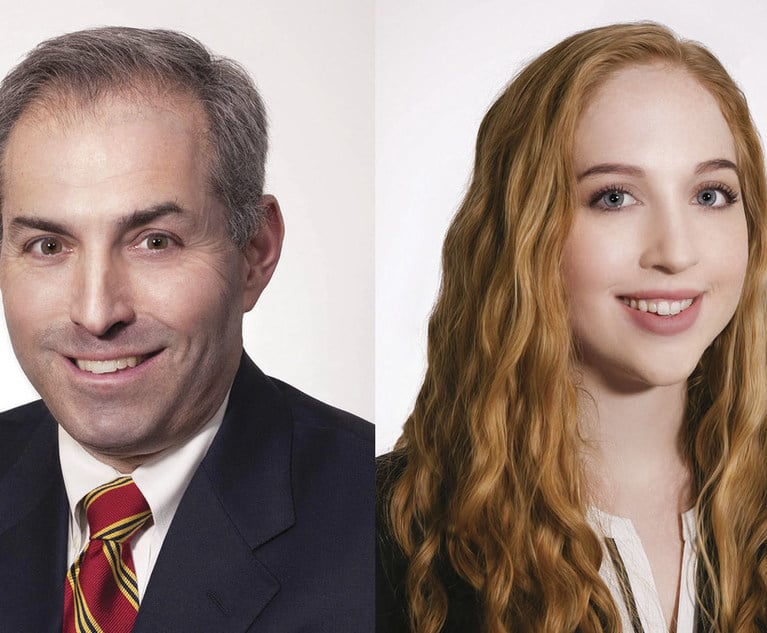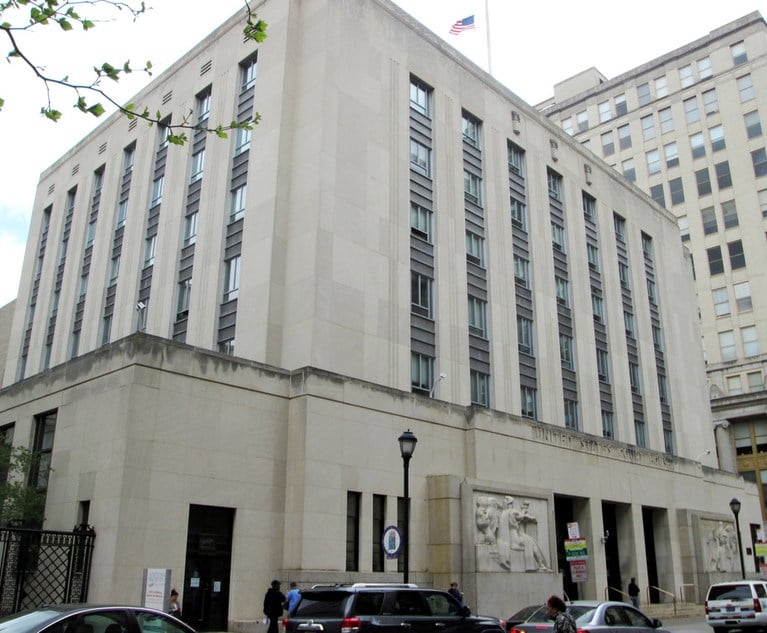In In re Snyder (2d Cir. Sept. 12, 2019), the U.S. Court of Appeals for the Second Circuit addressed an issue of first impression and joined the Third, Ninth, Tenth and Eleventh circuit courts in recognizing an exception to the rule that a default judgment has no preclusive effect in nondischargeability proceedings: where a default judgment arises from a party’s own sanctionable conduct, that party will be deemed to have had a full and fair opportunity to litigate the issues, and the judgment may be afforded preclusive effect in such proceedings.
Background
Before filing a voluntary Chapter 11 petition for bankruptcy protection in 2015, Stuart and Doreen Snyder entered into an oral agreement in 2005 with Stuart’s sister and brother-in-law, Nancy and Joseph Murphy, that provided for the Snyders and the Murphys to become “silent partners” in connection with a construction project to build three luxury residential homes in New Jersey, and for the Snyders to repay the Murphys’ initial investment of $100,000 in full, plus a return of 20%. In 2006, the Snyders and the Murphys similarly entered into a second oral agreement that provided for the Snyders and the Murphys to be partners in connection with a construction project to build a luxury residential home in Connecticut, and for the Snyders to repay the Murphys’ investment of $275,000 in full, plus a return of 20%. Unfortunately, and unbeknownst to the Murphys, the money that they invested for the Connecticut project was used by the Snyders for other purposes.


 Rudolph J. DiMassa Jr. and Keri L. Wintle of Duane Morris.
Rudolph J. DiMassa Jr. and Keri L. Wintle of Duane Morris.




